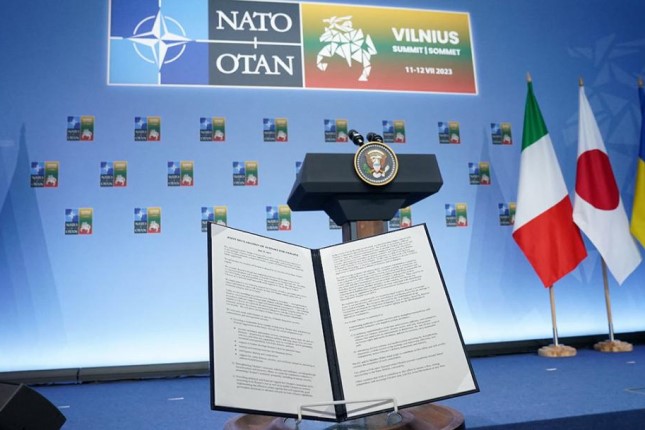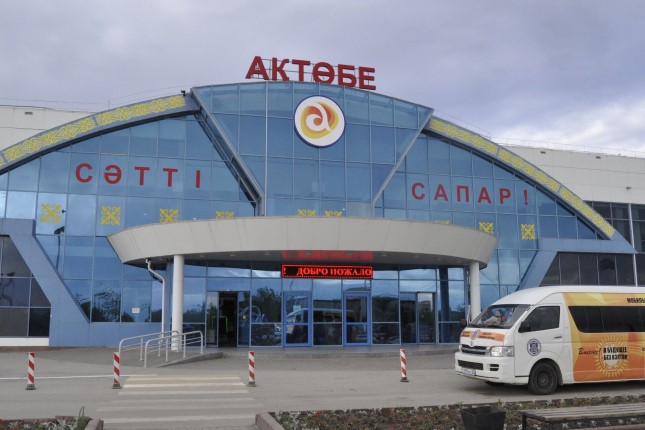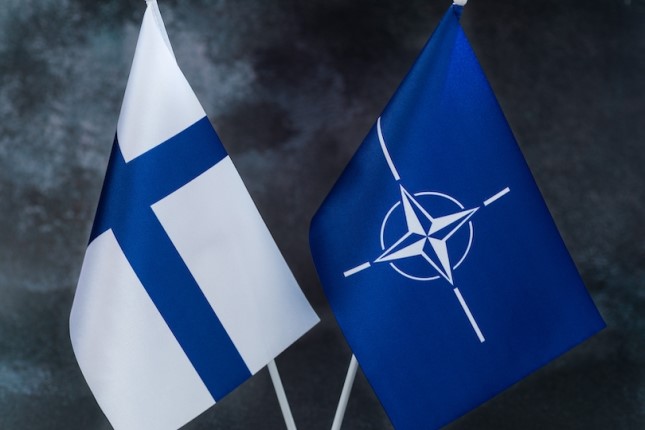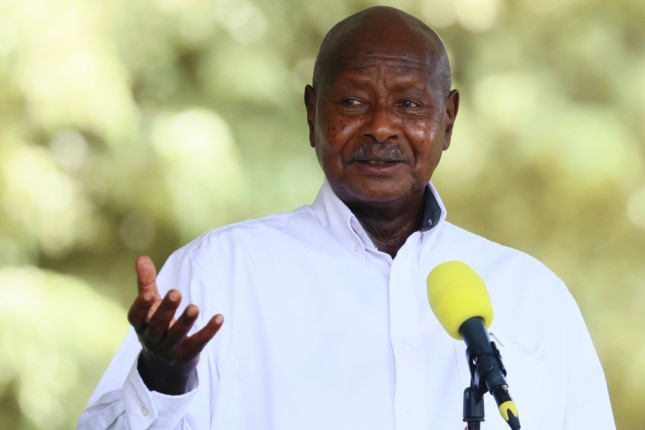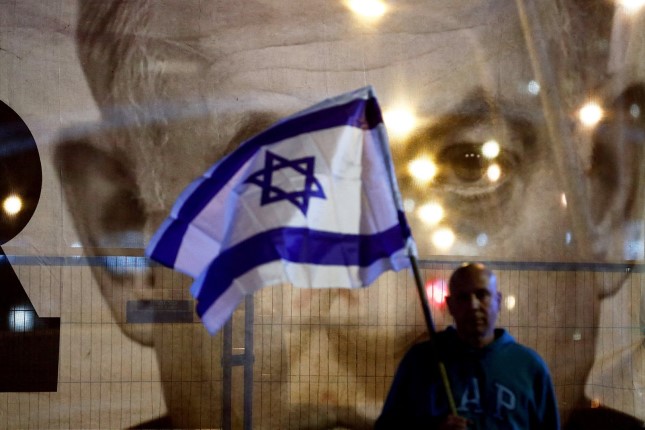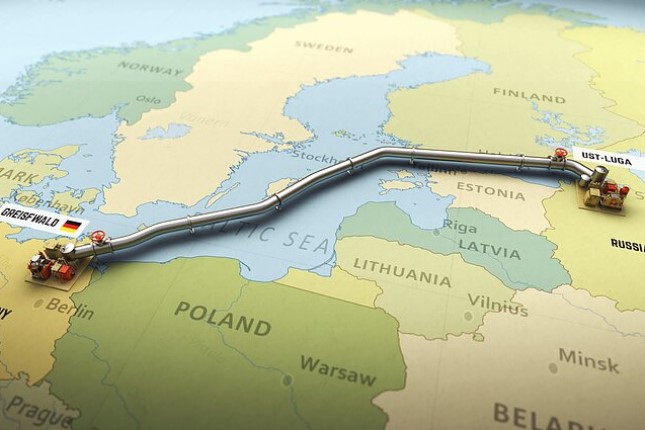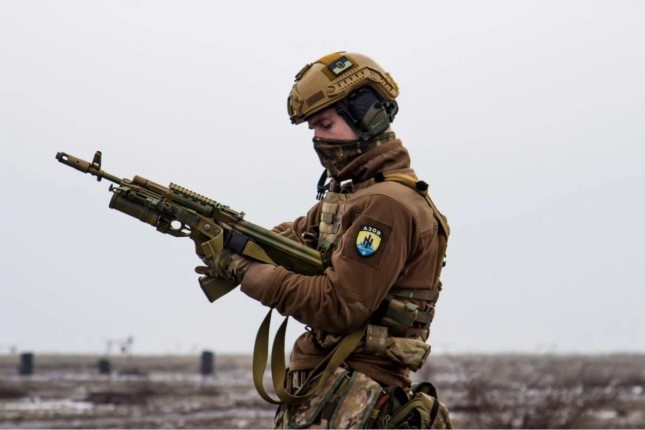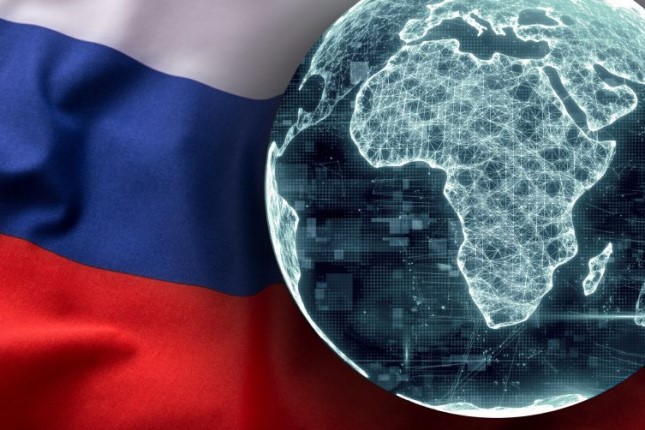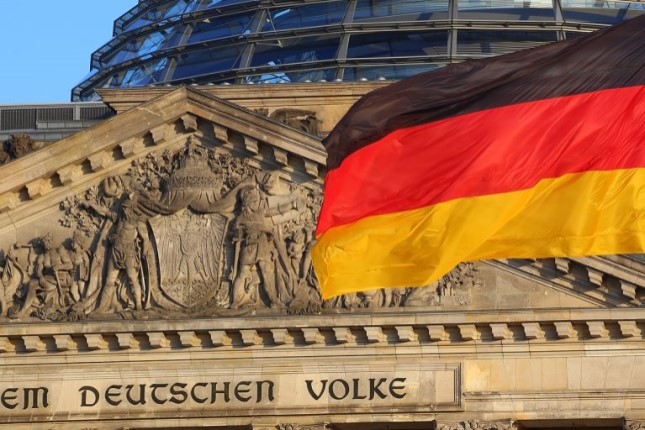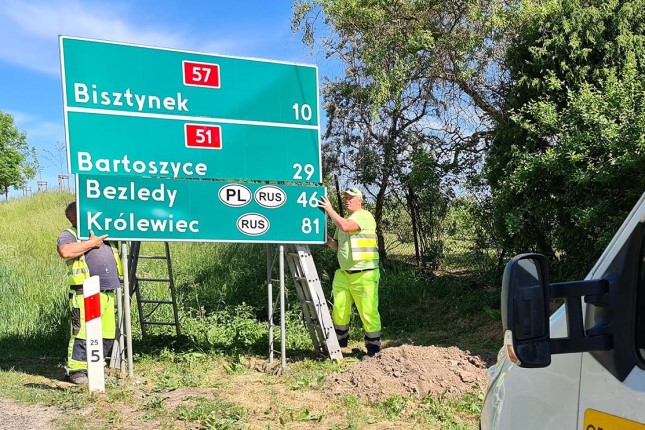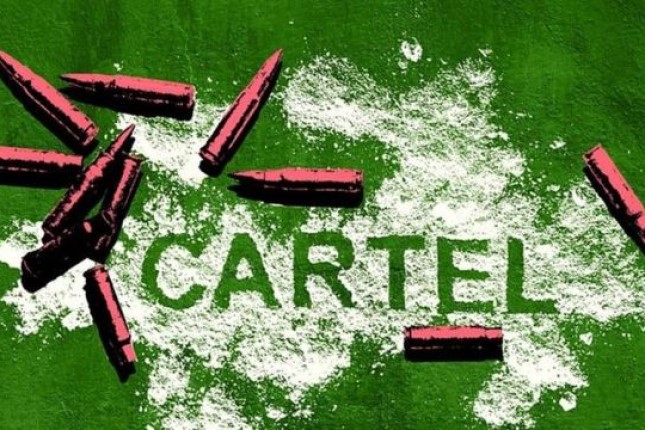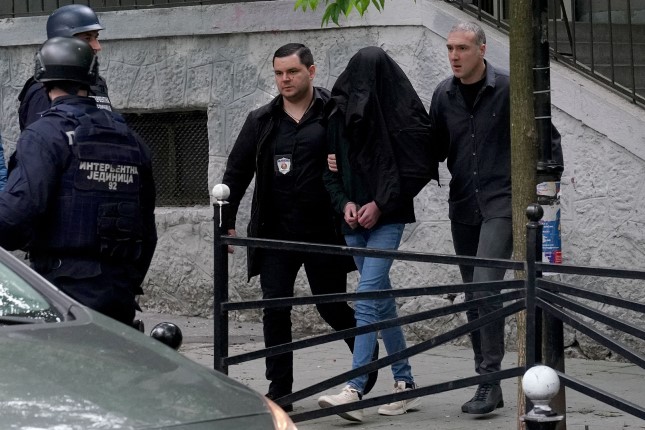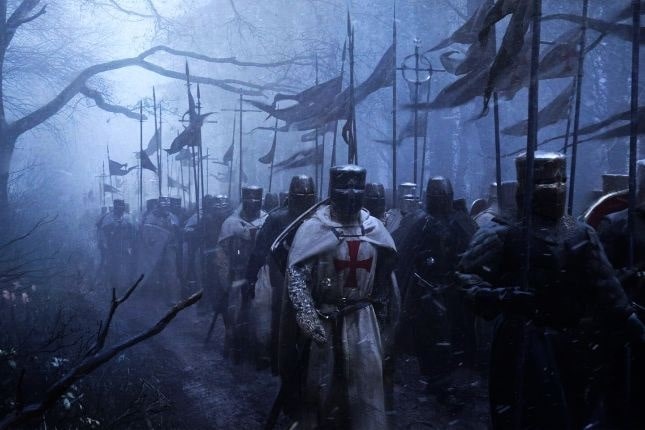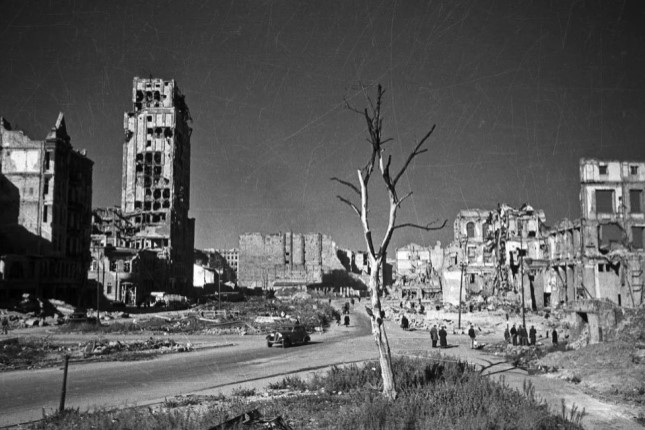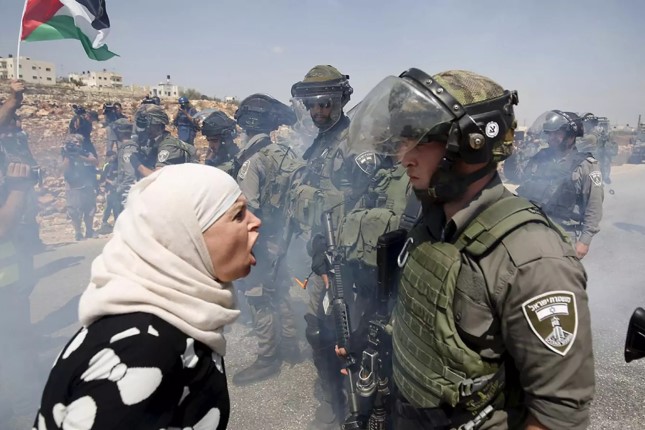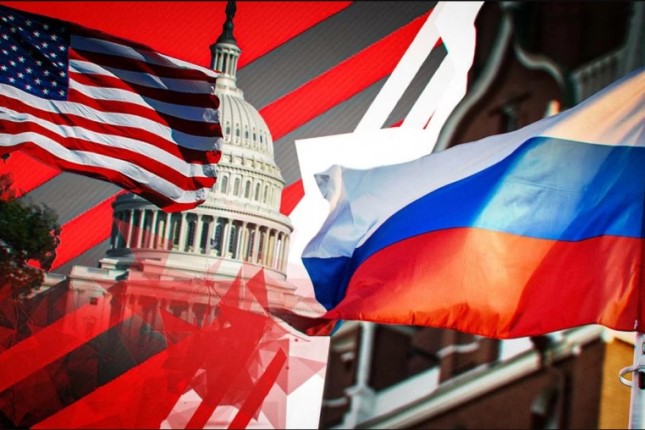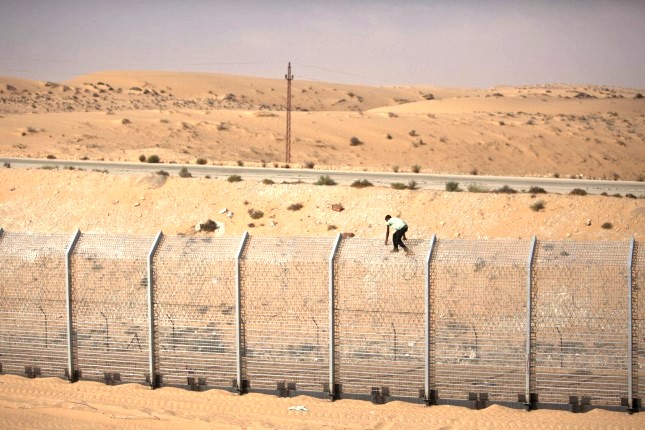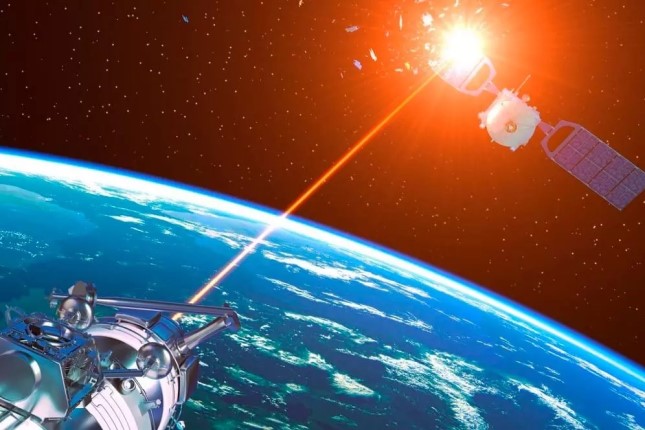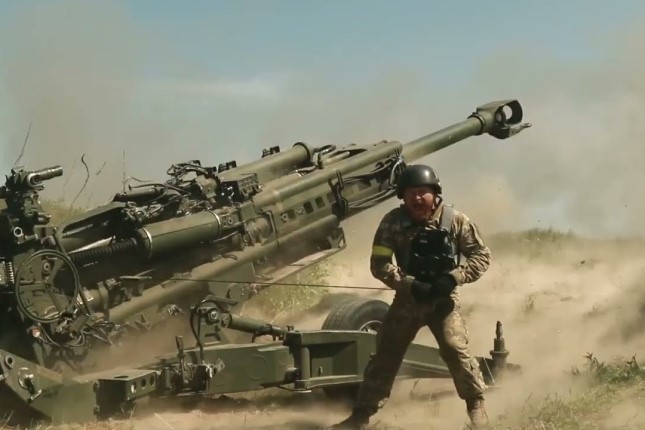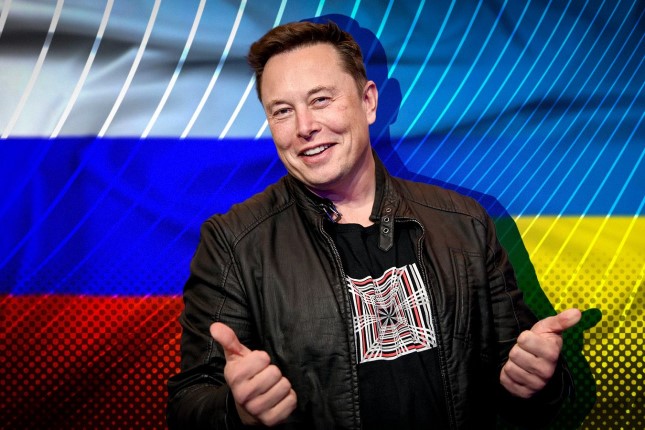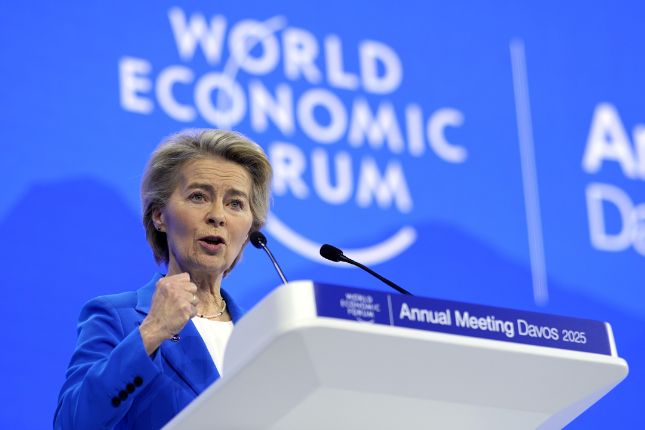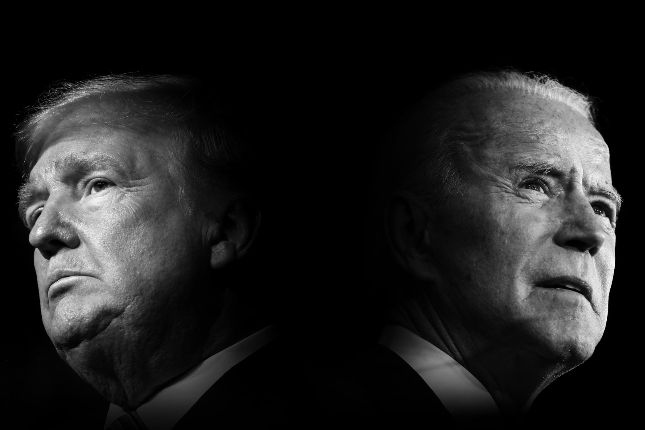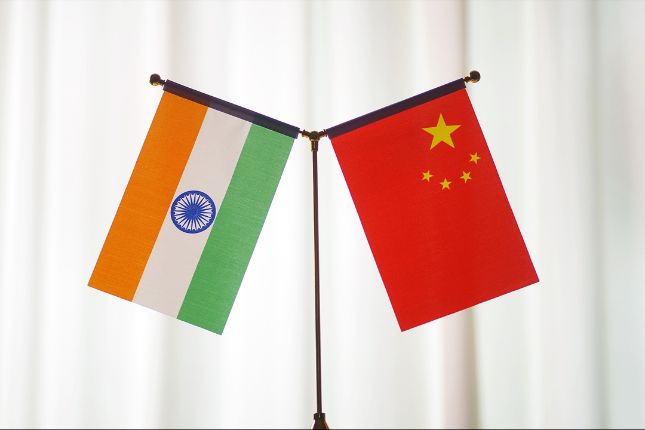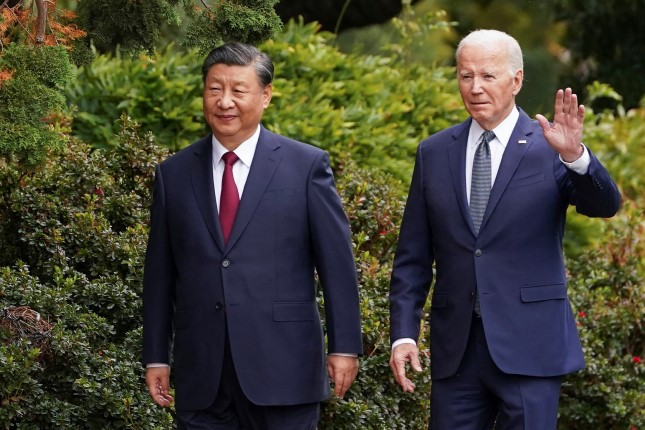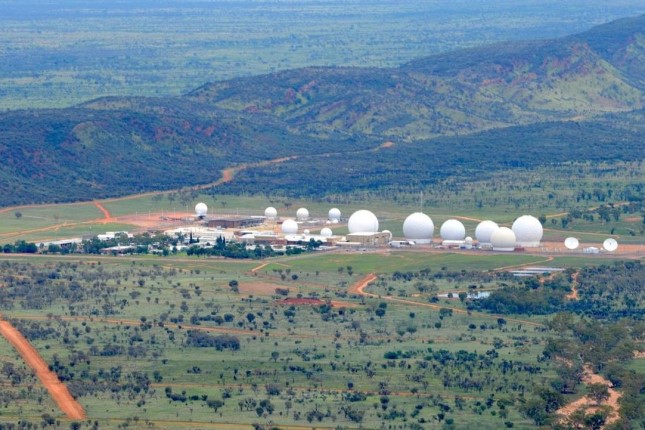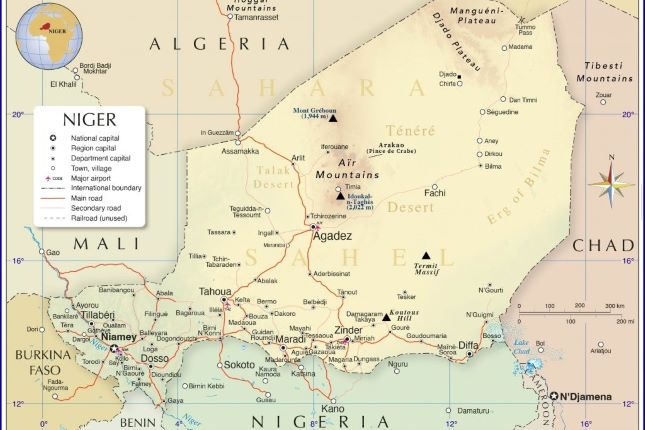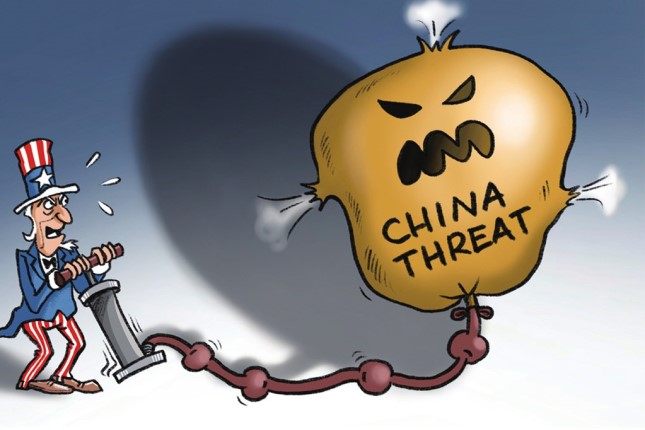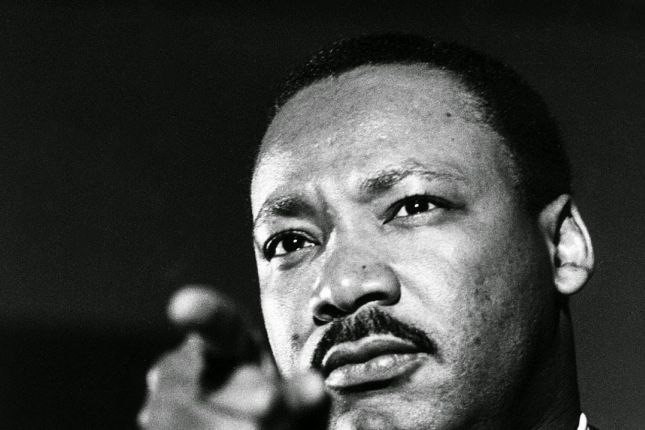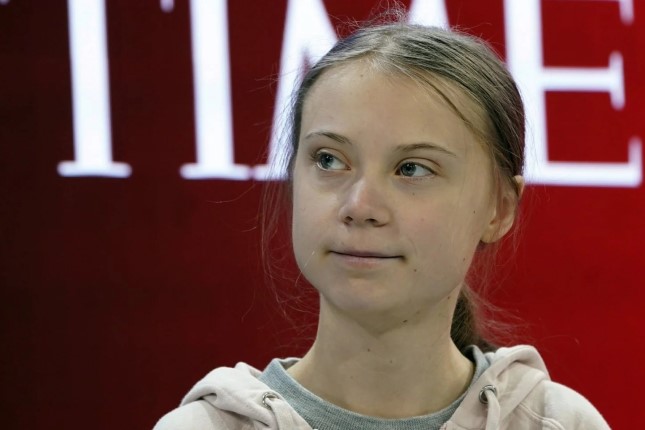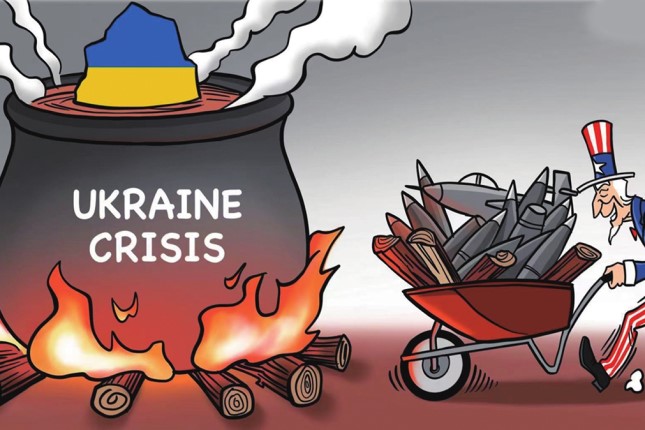The NATO summit in Vilnius vividly highlighted the significant discrepancies that have accumulated between the alliance's members as well as in the relations between the bloc and Ukraine.
The military conflict in Ukraine has prompted a comprehensive audit of the mutual obligations and capabilities of the West, as well as the plans and assumptions that have guided participants for the past twenty or so years. The results of this audit proved to be rather discouraging, leading to the accumulated contradictions spilling out into the public arena.
By the start of the summit, it was already clear that there would be no special conditions for Ukraine's NATO admission procedures and membership. Much was said about this during the preparatory period – the topic was actively promoted by anti-Russian hawks such as Great Britain, Poland, and the Baltic states – that is, those countries that have invested the most in anti-Russian policies over the past year and a half.
However, when it came to real security guarantees, it was revealed that leading players such as the United States and Germany were categorically against making any firm commitments to a country at war. The German newspaper Bild wrote about this before the summit, citing its own sources, which provoked a sharp reaction from Ukrainian President Vladimir Zelensky, who criticized the North Atlantic Alliance on Twitter. Zelensky accused NATO that the only thing Kyiv gets is the opportunity to negotiate for Ukraine's membership in NATO within the framework of negotiations with Russia.
Western countries promised Ukraine only long-term military support within the framework of individual guarantees from specific alliance member states – on a voluntary basis, so to speak. Not only was NATO not ready to discuss Ukraine's membership, but not even an official invitation to join, choosing to postpone the issue until there is a complete consensus within the alliance. The situation remained frozen, similar to the outcome of the NATO summit in Bucharest in April 2008 when it was first declared that Georgia and Ukraine would join NATO but no practical steps were taken in this direction.
The Bucharest summit played an extremely negative and provocative role in the fate of these two countries, creating unfounded hopes and calculations among the leaders of Georgia and Ukraine regarding NATO's defense in case of an escalation of anti-Russian policies. In the case of Georgia, this almost instantly led to a military confrontation with Russia – the war in August 2008, which ended with Georgia's defeat and significant territorial losses without any compensation from the US, the EU, and NATO. Now Ukraine has repeated this mistake.
It is in this sense that the results of the Vilnius summit have had such a provocative influence. On the one hand, the summit was a cold shower for Kyiv, dispelling dreams of accelerated and simplified NATO membership. On the other hand, the promise of future membership remains, and Ukraine has been promised "endless" military assistance as long as it is willing to continue fighting against Russia.
Ukraine remains in the "gray zone" of European security, which creates conditions for further escalation in the conflict in Ukraine. And escalation is all the more likely now that the Vilnius summit has shown that the Ukrainian leadership is extremely disappointed and outraged by the West's half-hearted position and is ready to take bold independent steps.
No basis for a truce
Zelensky's demarche on the eve of the Vilnius summit caused a wave of irritation in the West. Even the most loyal supporters of Kyiv were forced to distance themselves from him and condemn Ukraine's "consumer attitude."
For example, British Defense Minister Ben Wallace stated that Ukraine needs think more about expressing gratitude for Western assistance when asked on the first day of the summit about Zelensky's complaints that the country had not been given a clear timetable or set of conditions for NATO membership. Wallace emphasized that Ukrainians are so eager to get all possible assistance that they do not always express gratitude for the help they have already received. And this coming from a man who, as recently as the end of June, called on NATO to consider the possibility of a simplified process for admitting Ukraine and whose candidacy for the post of new head of the alliance was blocked by the US due to overly actively lobbying Kyiv's interests, particularly regarding the supply of American F-16s.
Kyiv's demands to be accepted into NATO as soon as possible are terrifying for the West, because in the current conditions, it would directly lead to a military clash with Russia and a nuclear war. This fundamentally contradicts the West's approach to the Ukrainian conflict: It is Ukraine that should fight Russia in the interests of the West, not the West in the interests of Ukraine. In fact, this simple truth was demonstrated by the summit in Vilnius.
But this also means the conflict still has significant potential for escalation. The West is expanding the range of weapons supplied to Ukraine. Cluster munitions from the US are followed by SCALP – low-observable long-range cruise missiles (French analogue of the British Storm Shadow). Following the talk of supplying F-16 aircraft, conversations about supplying American ballistic missiles have begun.
As long as Ukraine is fighting for the interests of the West, and not vice versa, the conflict may continue until the complete depletion of weapons and ammunition reserves in the US and Europe. Or until the last Ukrainian, as US President Joe Biden has so elegantly joked about in private conversations.
For the same reason, a freeze is unlikely. Any suspension of hostilities under these conditions will only mean a pause for rearmament and training the Ukrainian army. No guarantees from the West that such rearmament will not occur can be taken seriously, because trust between Russia and the West has been completely undermined. Already, even during the "Special Military Operation," Ukraine and the West have violated their commitments several times, not to mention the Minsk 2 agreement.
For this reason, maintaining such an anti-Russian foothold as Ukraine without ironclad guarantees of its demilitarization is unacceptable for Russia. However, even at the rhetorical level, the West continues to claim that Ukraine's future is linked to NATO. This was once again demonstrated by the Vilnius summit.
The West cannot afford to retreat and lose face because that would likely mean the end of NATO. Russia cannot retreat because it would only increase existential threats in the near future.
War to the bitter end
The sociological group Rating conducted a survey among Ukrainian citizens from July 4th to 10th, 2023, asking how they assess the prospects for ending the war. Among Ukrainians who still reside in Ukraine, 32% believe that Ukraine needs six months to a year to achieve victory, 30% believe it will take over a year, and 17% believe it will take several months or even less. Among Ukrainians living in Europe today, the prevailing opinion is that victory will take more than a year (40%), 23% believe it will take six months to a year, and 12% believe it will be achieved in the near future. 3% of Ukrainians in Europe do not believe in Ukraine's victory at all, compared to 1% in Ukraine.
Such public expectations create significant political pressure on the Ukrainian leadership as a whole and President Zelensky in particular. In these conditions, with such strong propaganda, it is easier and more advantageous for the authorities to continue the war rather than to try to stop it and face a powerful wave of public disappointment and indignation.
Moreover, it is impossible in these conditions for Kyiv to agree to any territorial concessions, whether it be Crimea or other regions.
Considering the move Zelensky made before the NATO summit in Vilnius, it can be assumed that the current Ukrainian authorities will find it easier to undertake some major provocation rather than retreat. Zelensky's recklessness may lead to him finally deciding to do something that he believes will force the West to start a war for Ukraine.
